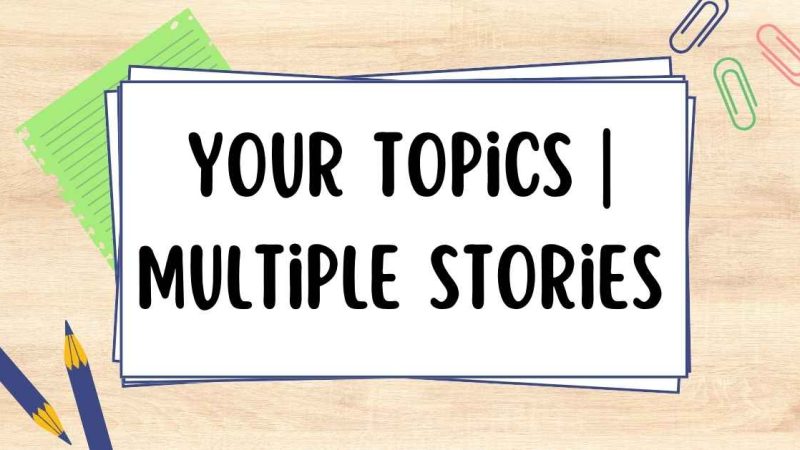Play with Purpose Entertaining Children While Boosting Learning
Playtime is vital for a child’s development and learning. As children play, they gain important physical, cognitive, social and emotional skills that prepare them for life. However, with busy schedules, it can be difficult for parents and carers to find time for quality play. This article explores easy ways to incorporate learning into playtime, boosting your child’s development while keeping them engaged and entertained. Simple tweaks to playtime can help children reap developmental benefits ranging from improved literacy to strengthened social skills.
Encouraging Imagination and Creativity
A child’s imagination is a powerful tool. Creative, pretend play builds divergent thinking, problem-solving skills and flexibility. Set the stage for imaginative play by providing open-ended toys like blocks, dolls and dress-up clothes. Step back and let your child take the lead in inventing characters, stories and scenarios. Ask open-ended questions to spur your child’s creativity further. Sensory experiences also engage the imagination. Provide kinetic sand, play dough, finger paints or water play. Whether fostering a child with an agency such as Orange Grove Foster Care or playing with your own, open-ended activities flex creative muscles.
Developing Language and Literacy
Language development starts early, and playtime offers fun ways to build these skills. Narrate your actions and describe what your child is doing as you play together. Introduce new vocabulary words and encourage your child to repeat them. Read books together, inviting your child to join in repeating predictable phrases. Act out stories with costumes and props. The conversation, vocabulary and narrative skills practised in play boost literacy fundamentals.
Building Maths Skills Through Play
Playtime presents natural opportunities to develop maths concepts in a hands-on way. Count objects like blocks and toys. Practise sorting by size, colour or shape. Have your child set the table for a teddy bear’s picnic, counting plates, cups and utensils. Play hide and seek using counting as you and your child take turns hiding. Incorporate measuring activities – for example, using blocks or cups to see how tall a tower can be built. Songs and rhymes that involve numbers are also a fun way to incorporate maths into playtime.
Promoting Social and Emotional Learning
Play provides a safe space for children to develop social skills like sharing, cooperation and empathy. Unstructured play encourages negotiation, compromise and respect for others’ perspectives. To promote healthy social-emotional growth, participate in role-playing activities with your child, taking turns deciding scenarios and roles. Set up play dates, guiding children in playing cooperatively. Provide toys that promote teamwork, like building blocks and dress-up clothes. Emotional skills are also honed through play as children learn to express themselves, understand others’ feelings and manage strong emotions.
Getting Physical: Developing Motor Skills
Physical play builds the coordination and control needed for tasks like writing. Make an indoor obstacle course with cushions, blankets and furniture to climb over, under and through. Play games involving kicking, throwing and catching balls and beanbags. Set up activities like lacing cards, stringing beads, tracing shapes and picking up objects with tongs or tweezers. Outdoor play takes motor skill development further with running, jumping, swinging and more.
Purposeful play weaves learning into fun for children. Applying small tweaks makes playtime more educational while keeping it engaging and child-led. The tips above demonstrate easy ways to turn ordinary play into opportunities for enriched learning across key developmental areas. So remember, playtime provides benefits that last a lifetime.






